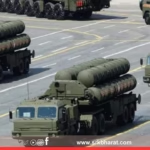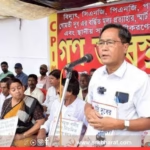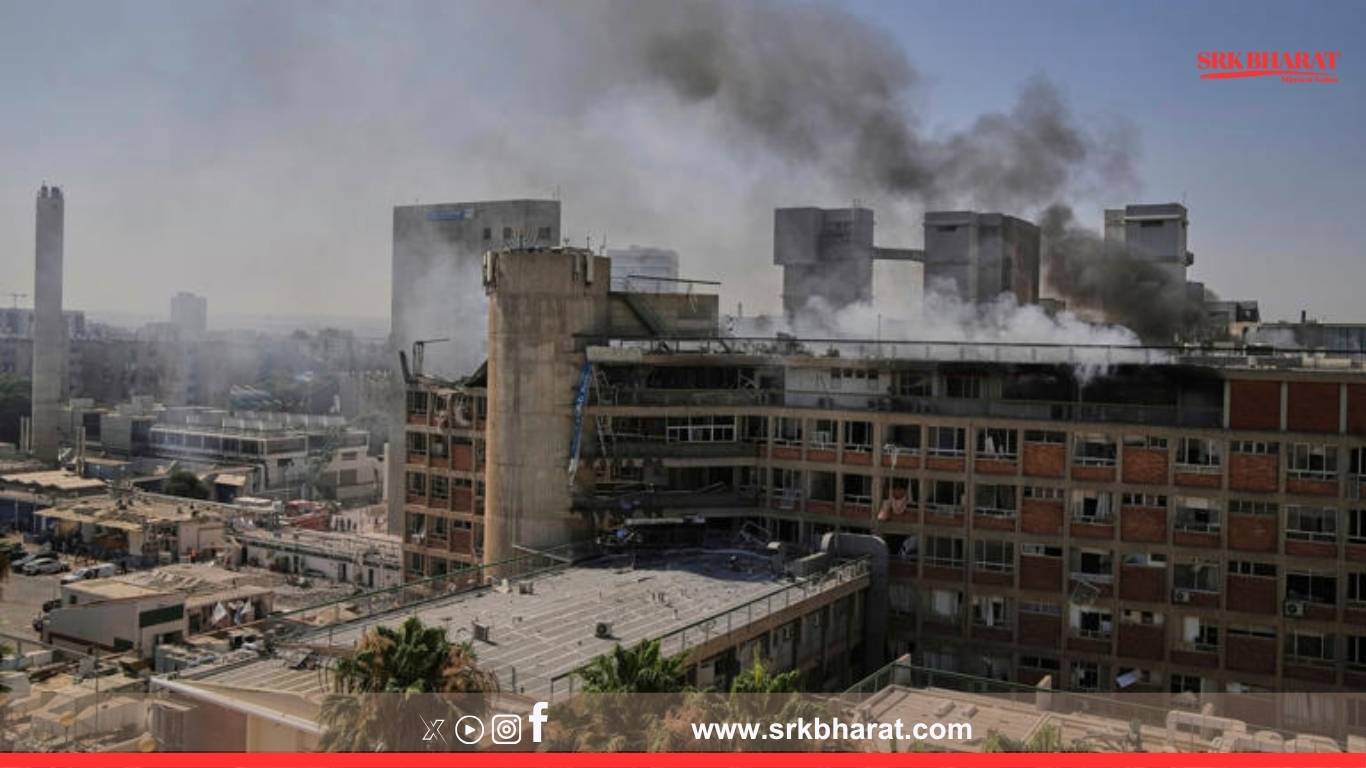As missiles rained down during the recent 12-day conflict between Israel and Iran, Indian workers in Israel found themselves at the heart of a warzone, navigating fear, uncertainty, and survival. From construction sites to student dorms, their stories paint a vivid picture of resilience under fire.
“Sirens, Red Alerts, and Bunkers Became Routine”
Basav Ram, a 30-year-old construction worker from Haryana’s Jind, described the chaos that unfolded on June 13, when Iran launched ballistic missiles at Israeli cities.
“We got a warning message, then an alarm, then a red alert that shut our phones except for a blaring sound. We ran to the bunker outside our building,” he said.
Ram, who moved to Netanya in April 2024 under a government-to-government (G2G) agreement, said he rushed to bunkers 20 times during the conflict. Despite the trauma, he chose to stay, driven by a five-year contract and dreams of a better future.
“We Were Scared to Stay, But More Scared to Leave”
Thousands of Indian workers, mostly from Uttar Pradesh, Bihar, and Haryana, were recruited through the National Skill Development Corporation (NSDC) to fill roles in formwork, iron bending, plastering, and tiling. Many, like Ram, feared losing their jobs or re-entry visas if they returned home.
“Everyone was scared, but we were more scared to go. I came with a dream, and I couldn’t leave before fulfilling it,” Ram added, recalling how he reassured his worried mother by downplaying the situation.
“It’s Getting Scarier by the Day,” Say Students
Indian students in Tel Aviv, Haifa, and Safed also faced terrifying moments. Nilabja Roychowdhury, a medical student at Bar-Ilan University, said a missile landed just 100 meters from a friend’s home.
“We’ve never seen anything this threatening,” he said, adding that many are desperate to return but are stuck due to suspended flights.
“We Came for Better Wages, But at What Cost?”
For many caregivers and laborers, the promise of five times higher pay than in India was the initial draw. But the escalating conflict has tested their resolve.
“I was constantly thinking of my family when explosions rang out. Ghar, galiyaan, gaon—sab yaad aayi,” Ram said.
Despite the trauma, some workers plan to return home briefly before resuming work, while others are considering permanent relocation.
🔁 Share this article to amplify the voices of Indians working abroad and the human cost of conflict.











